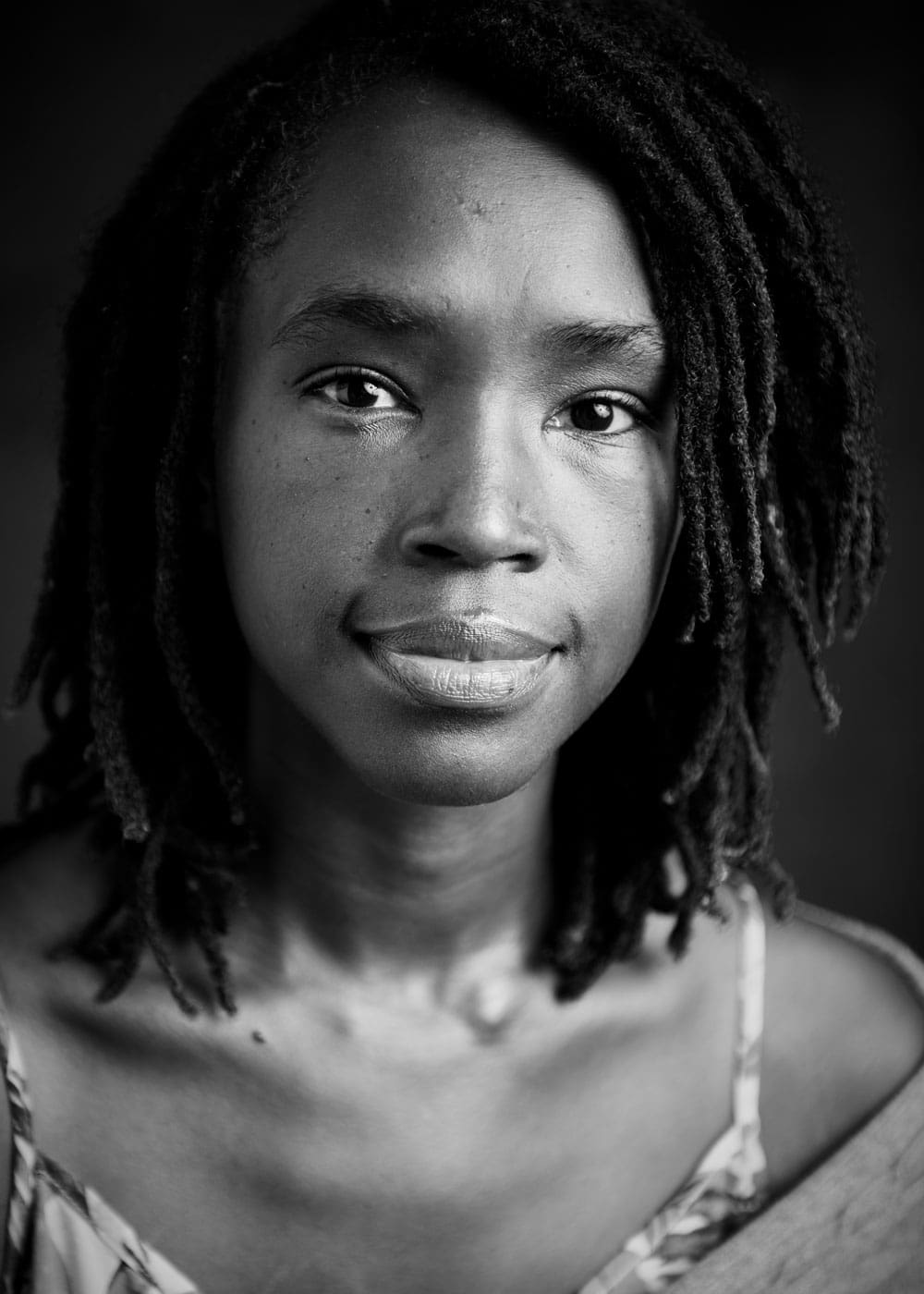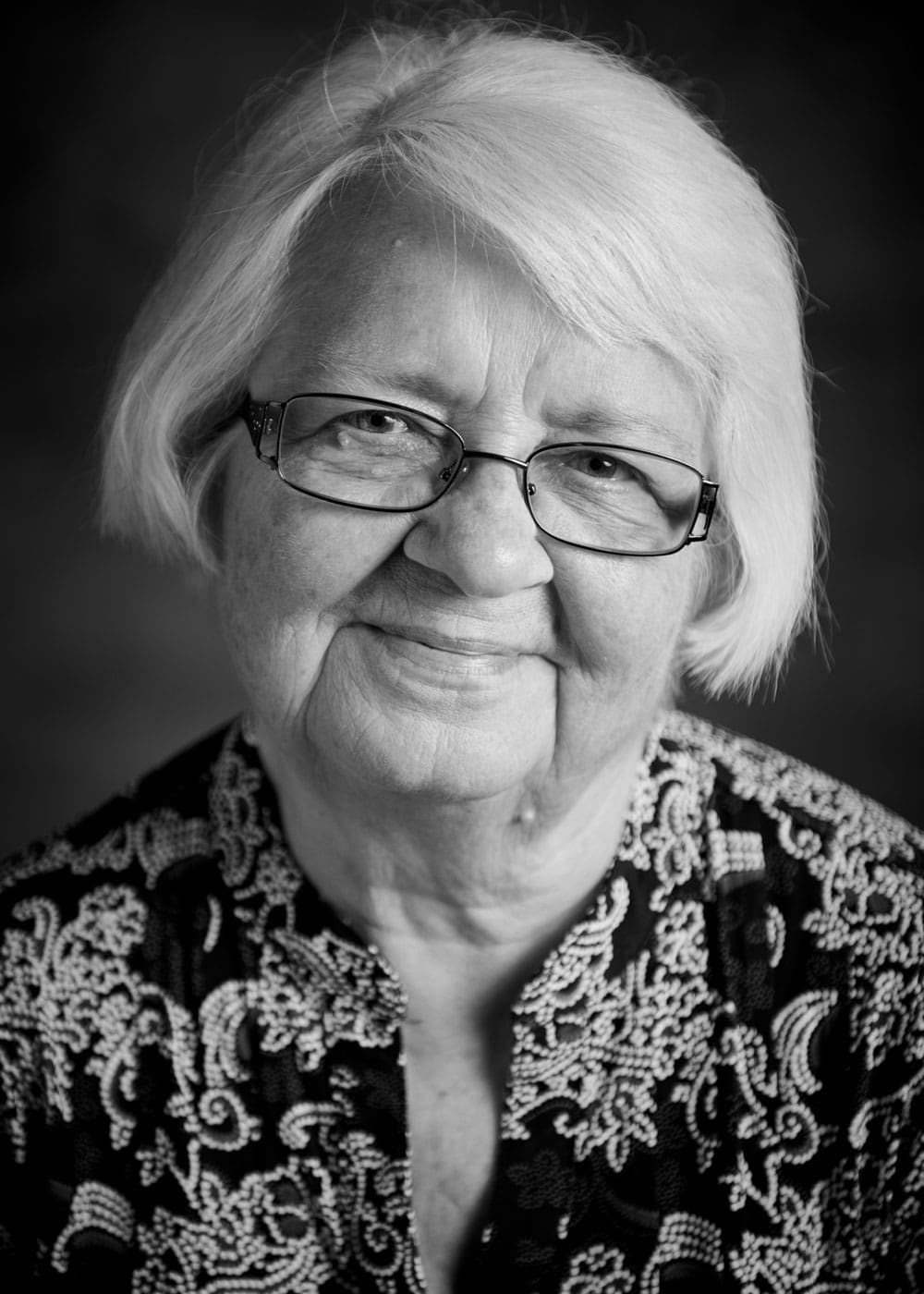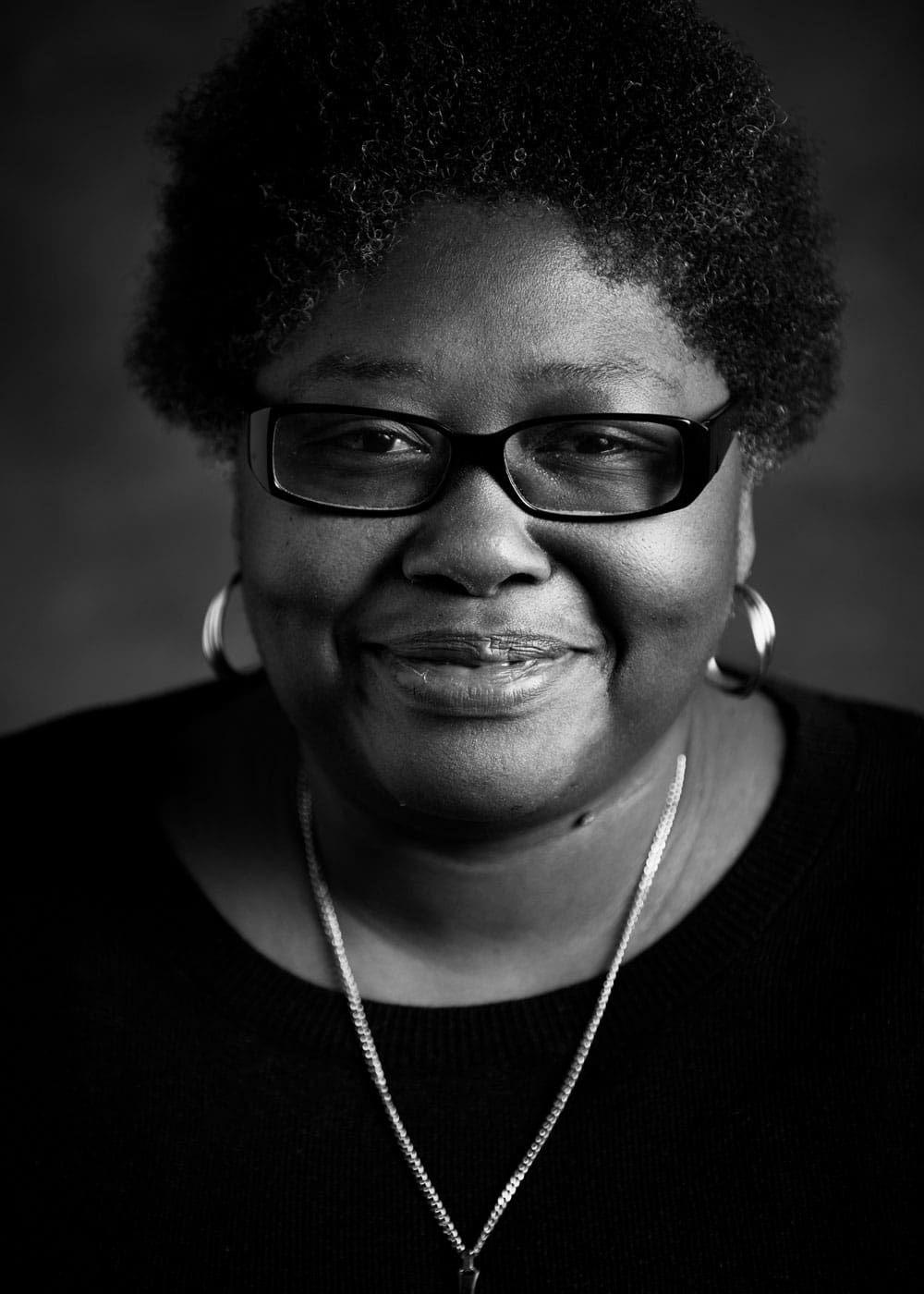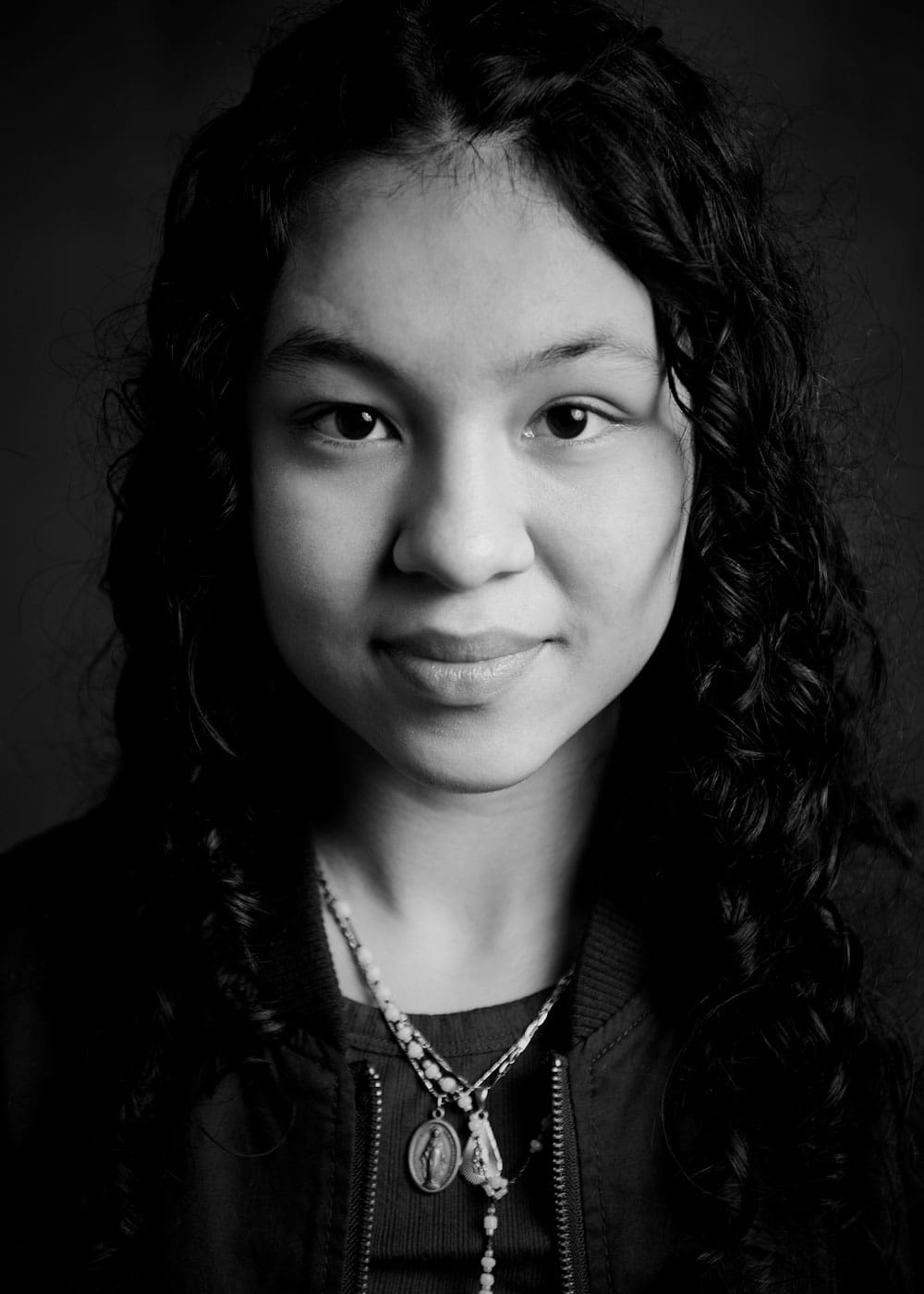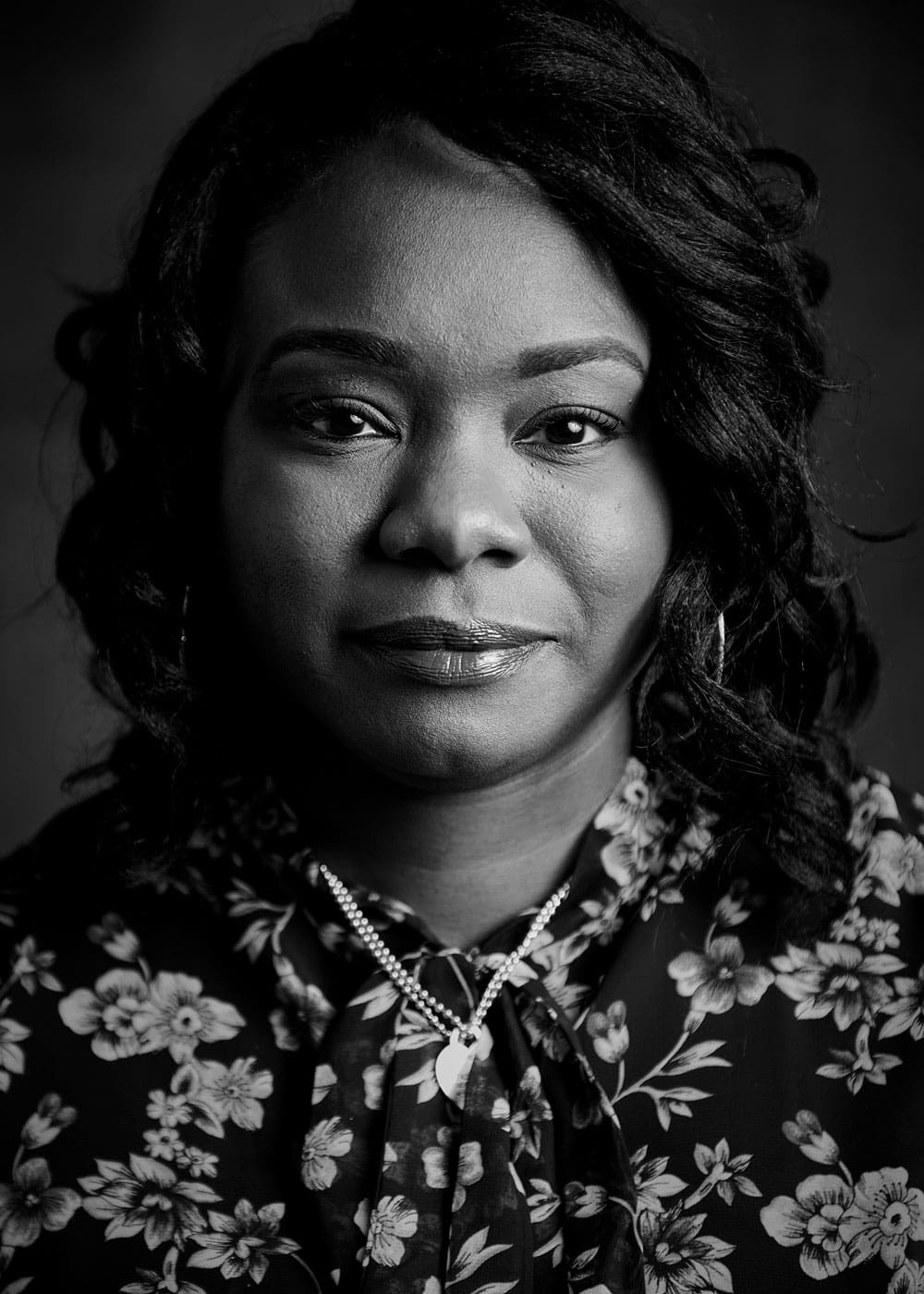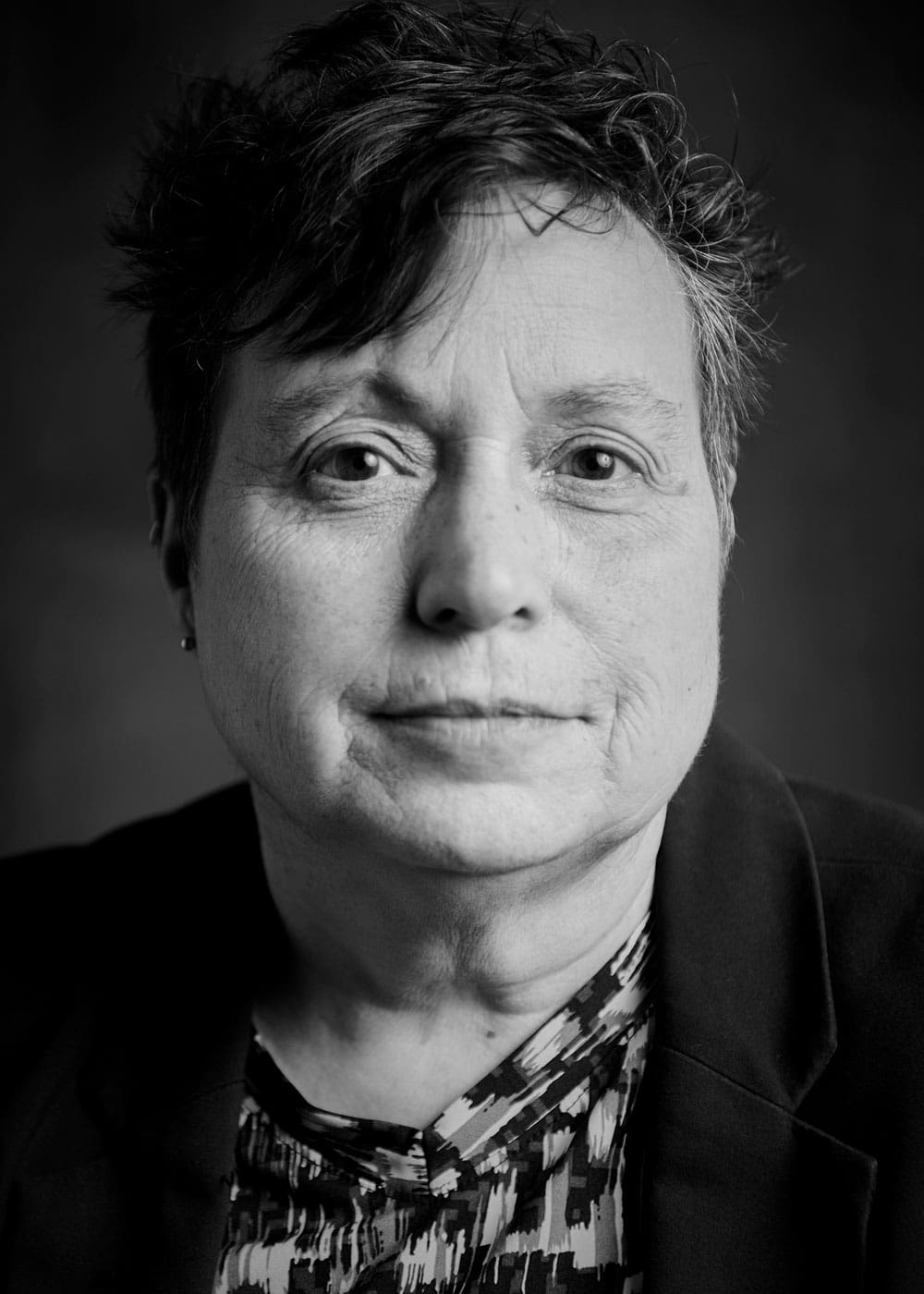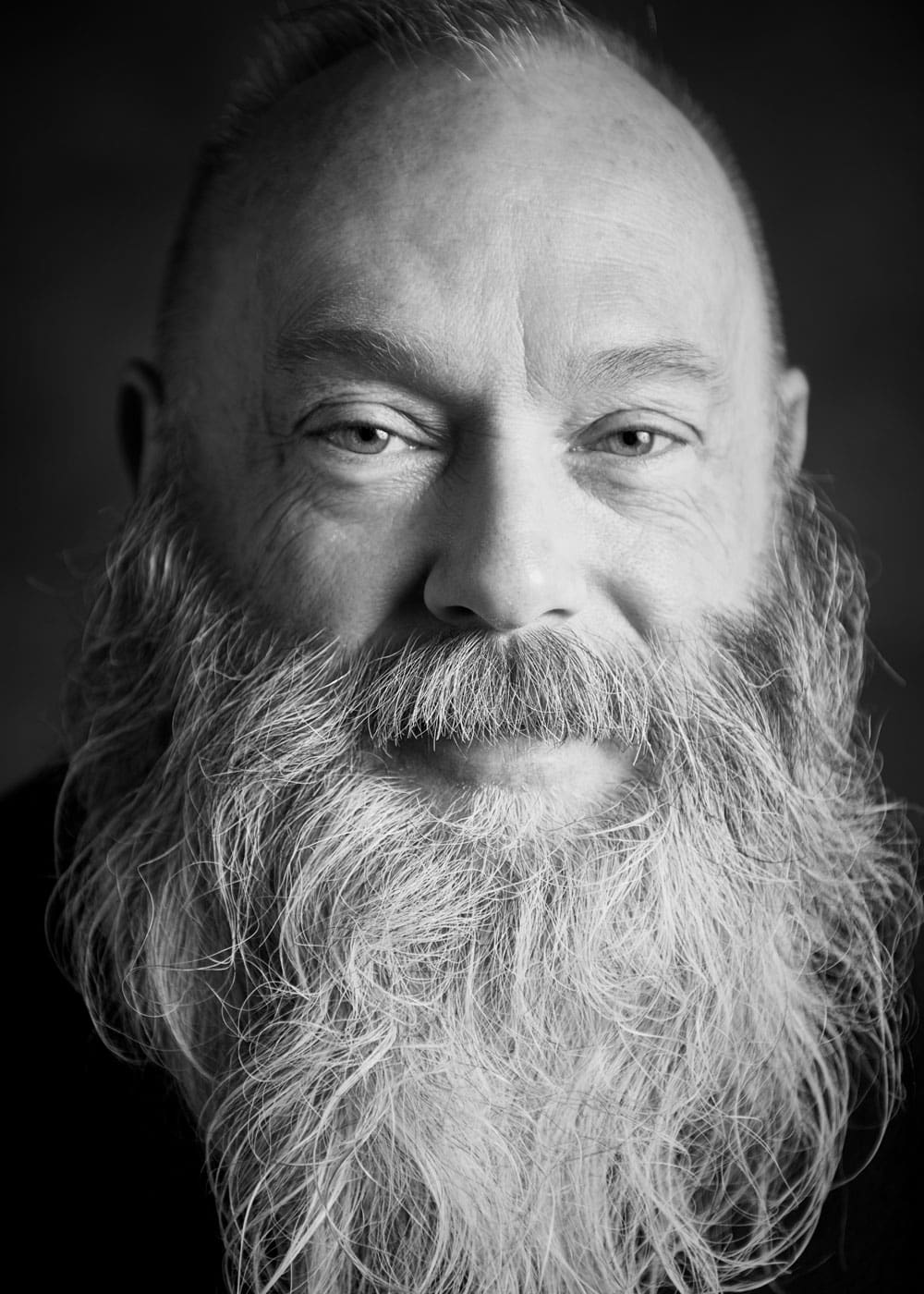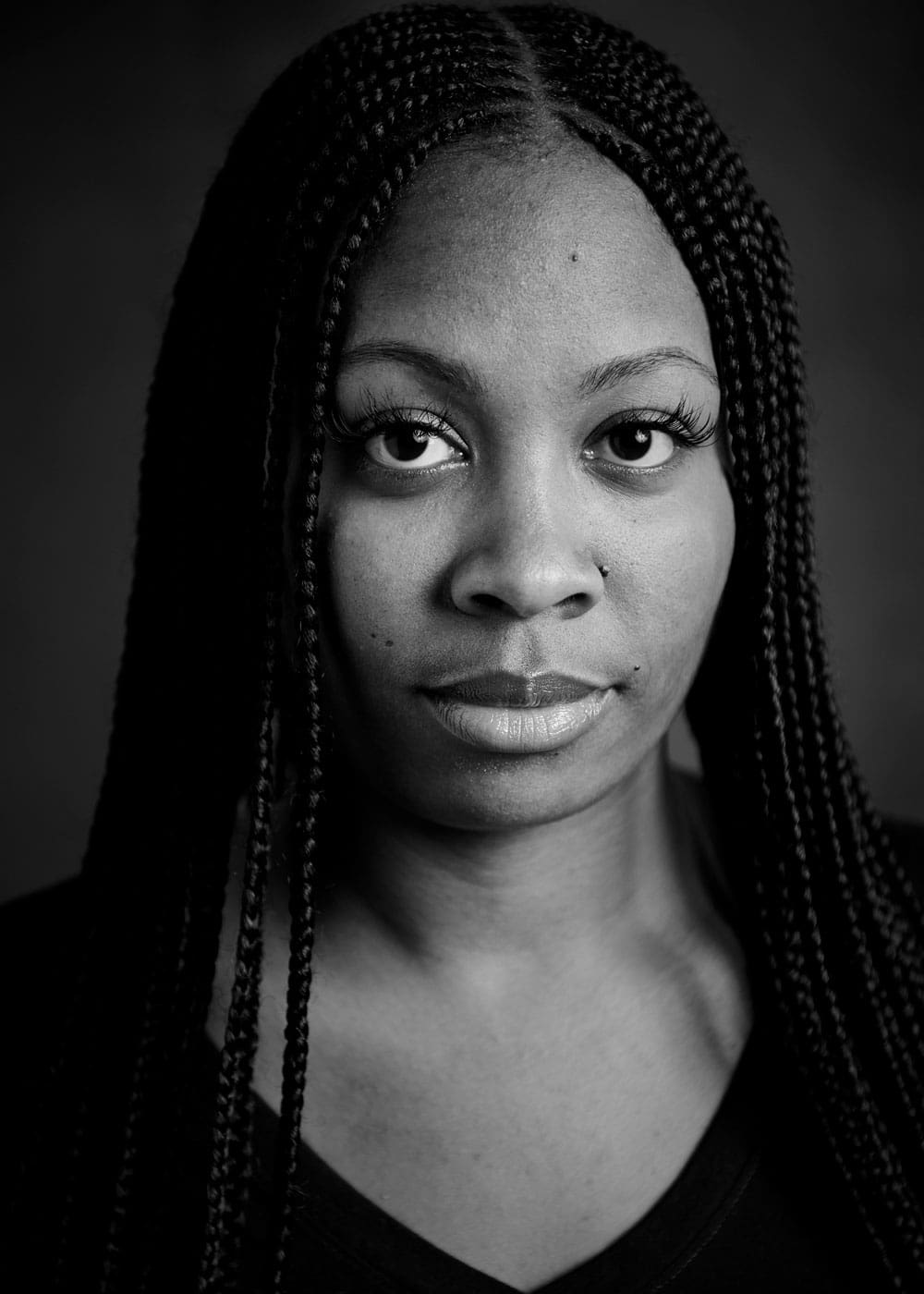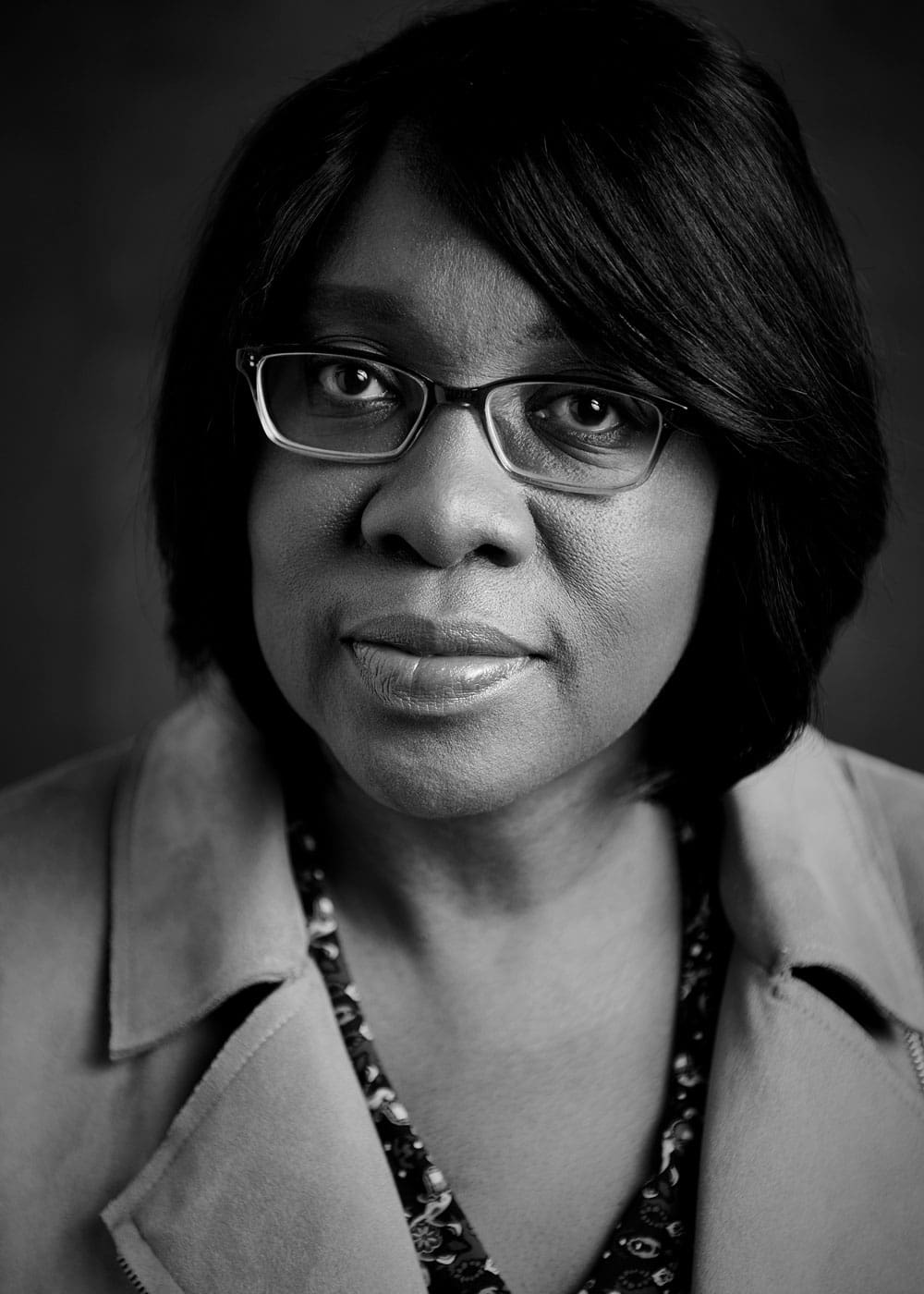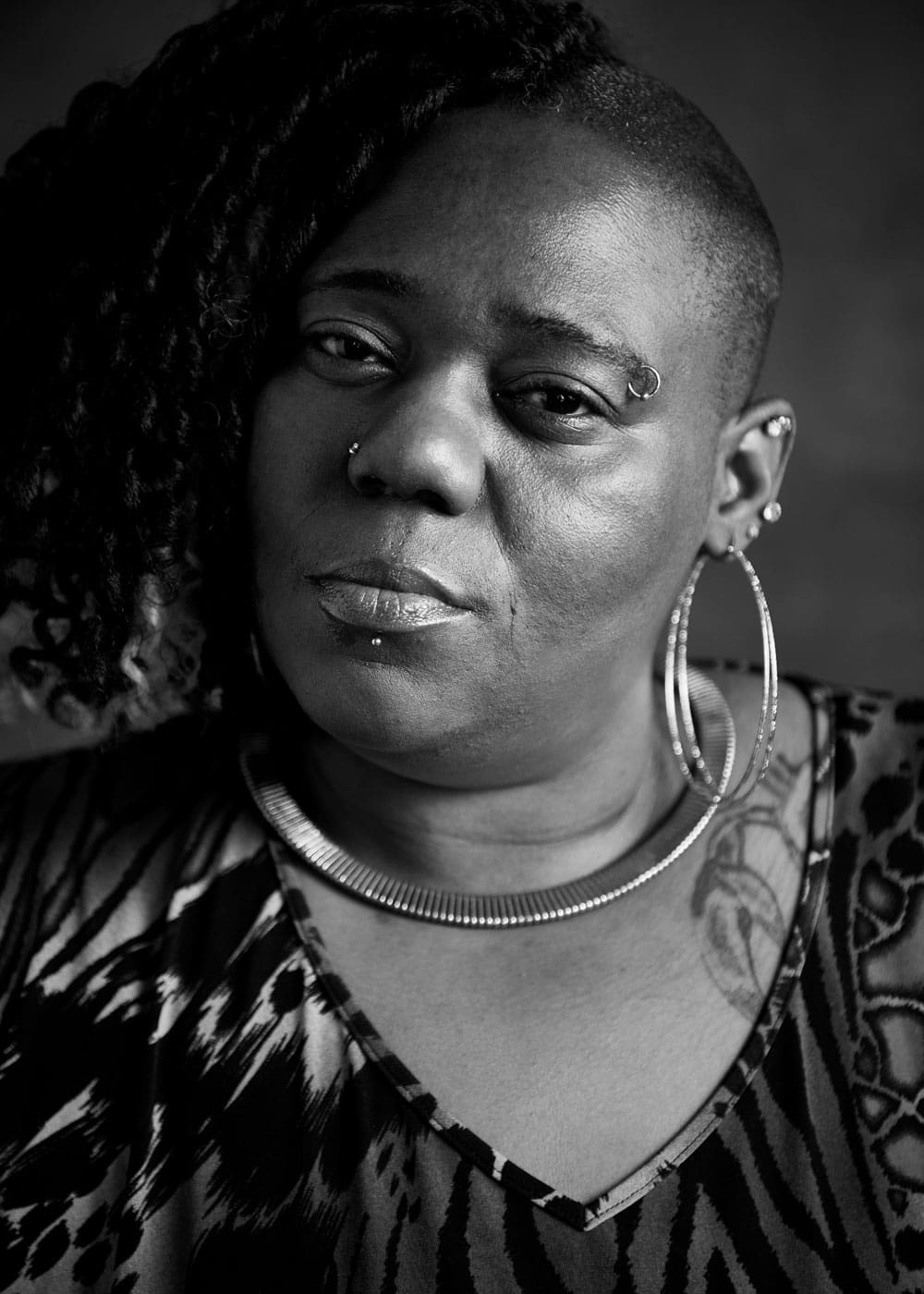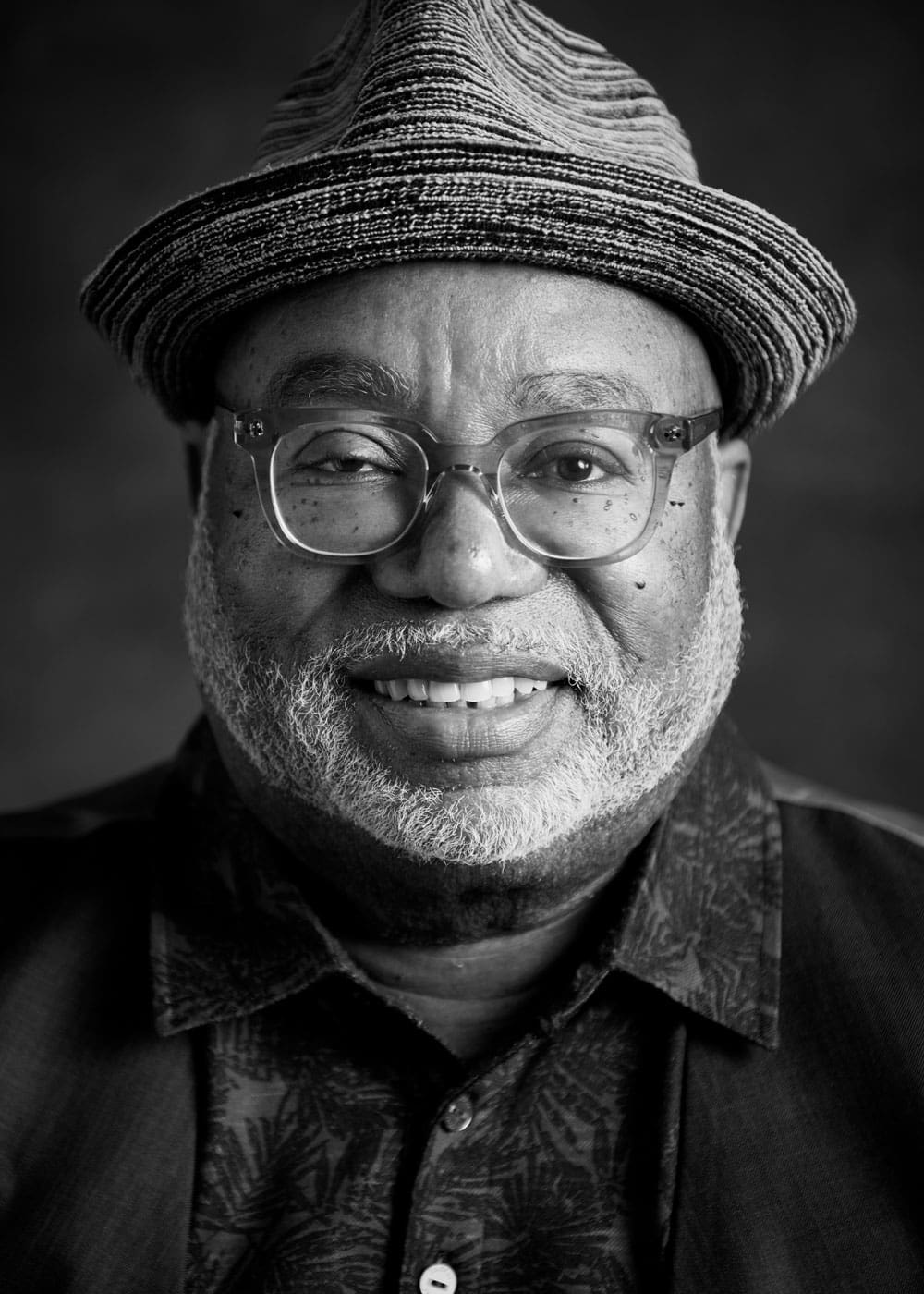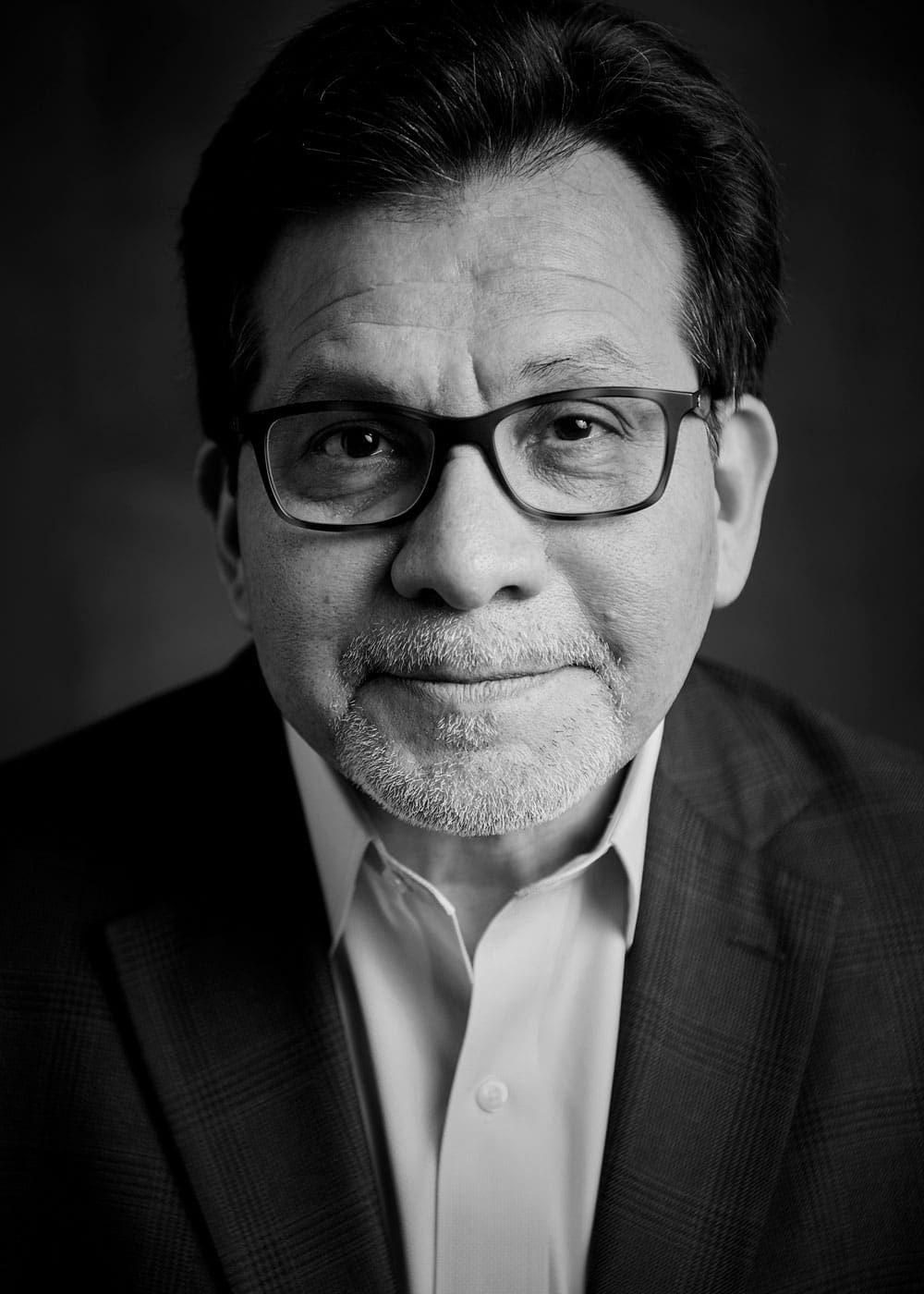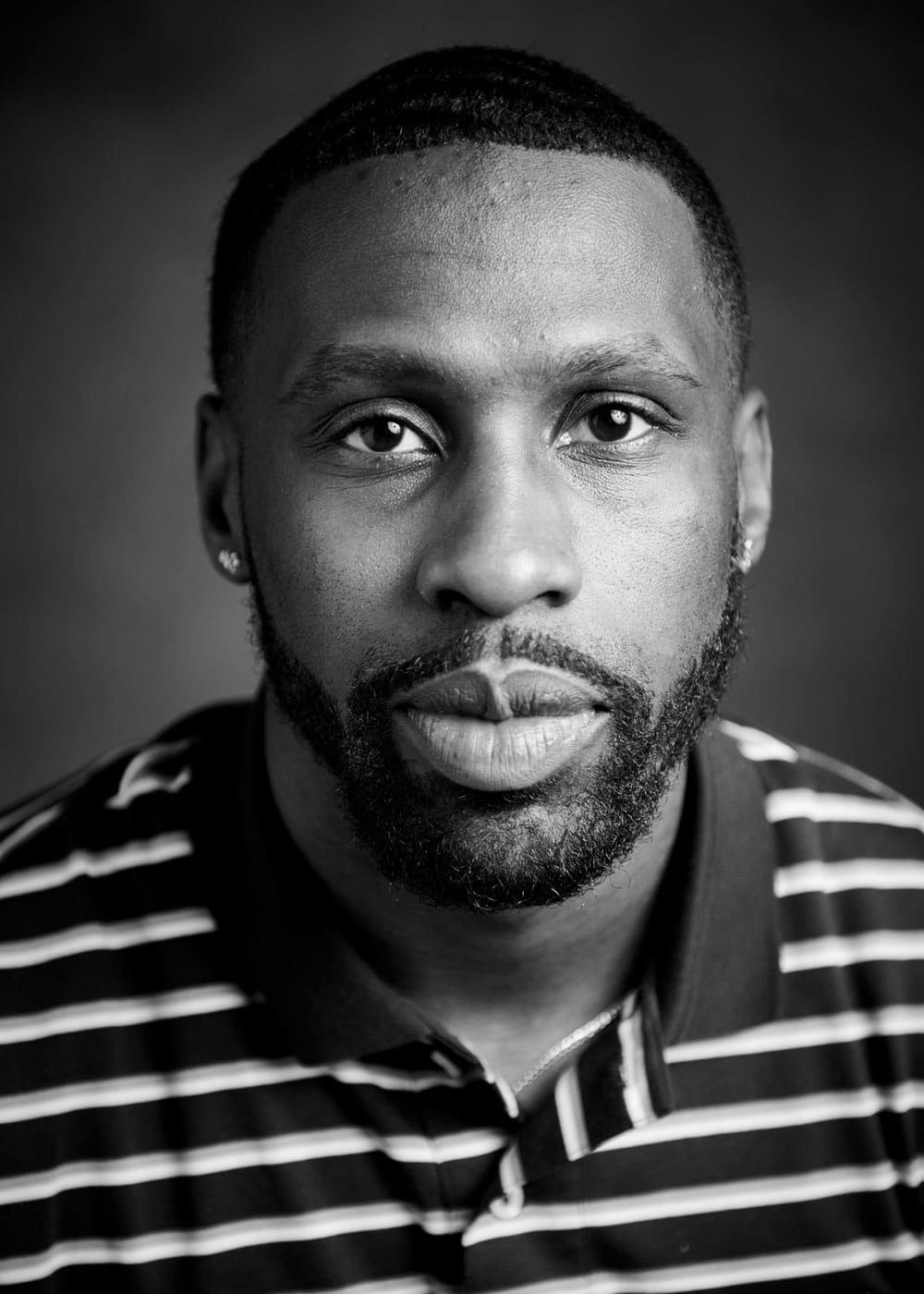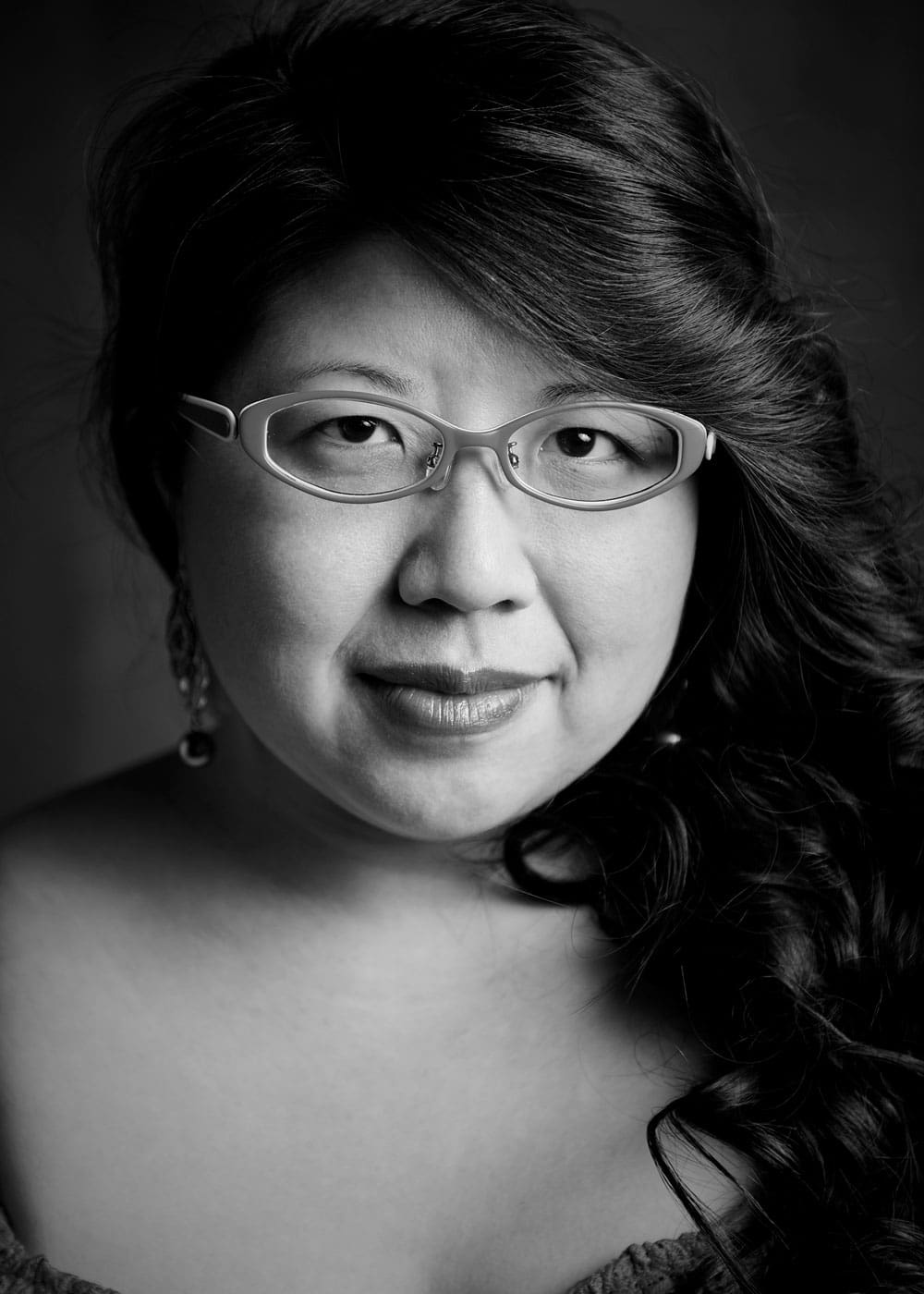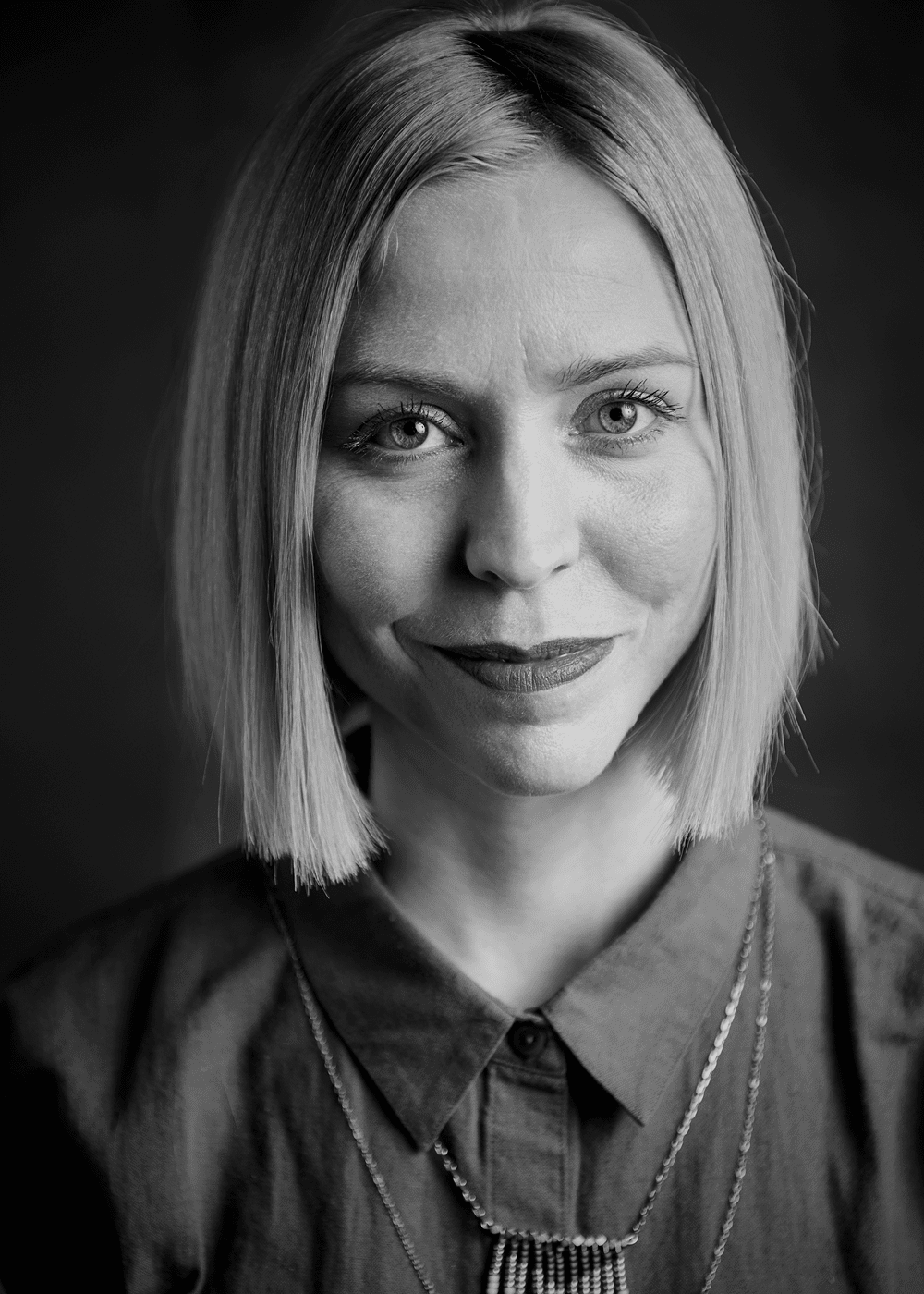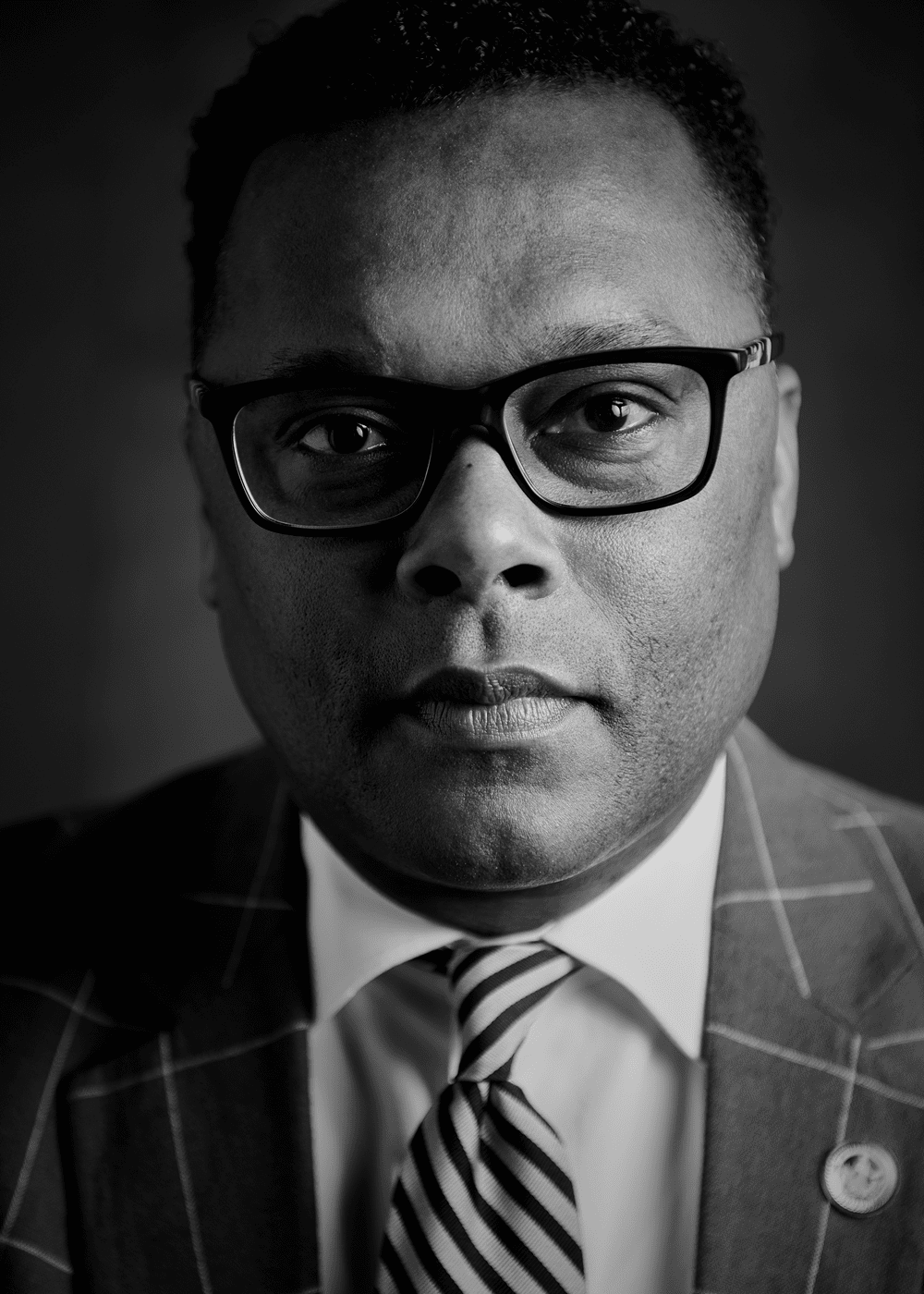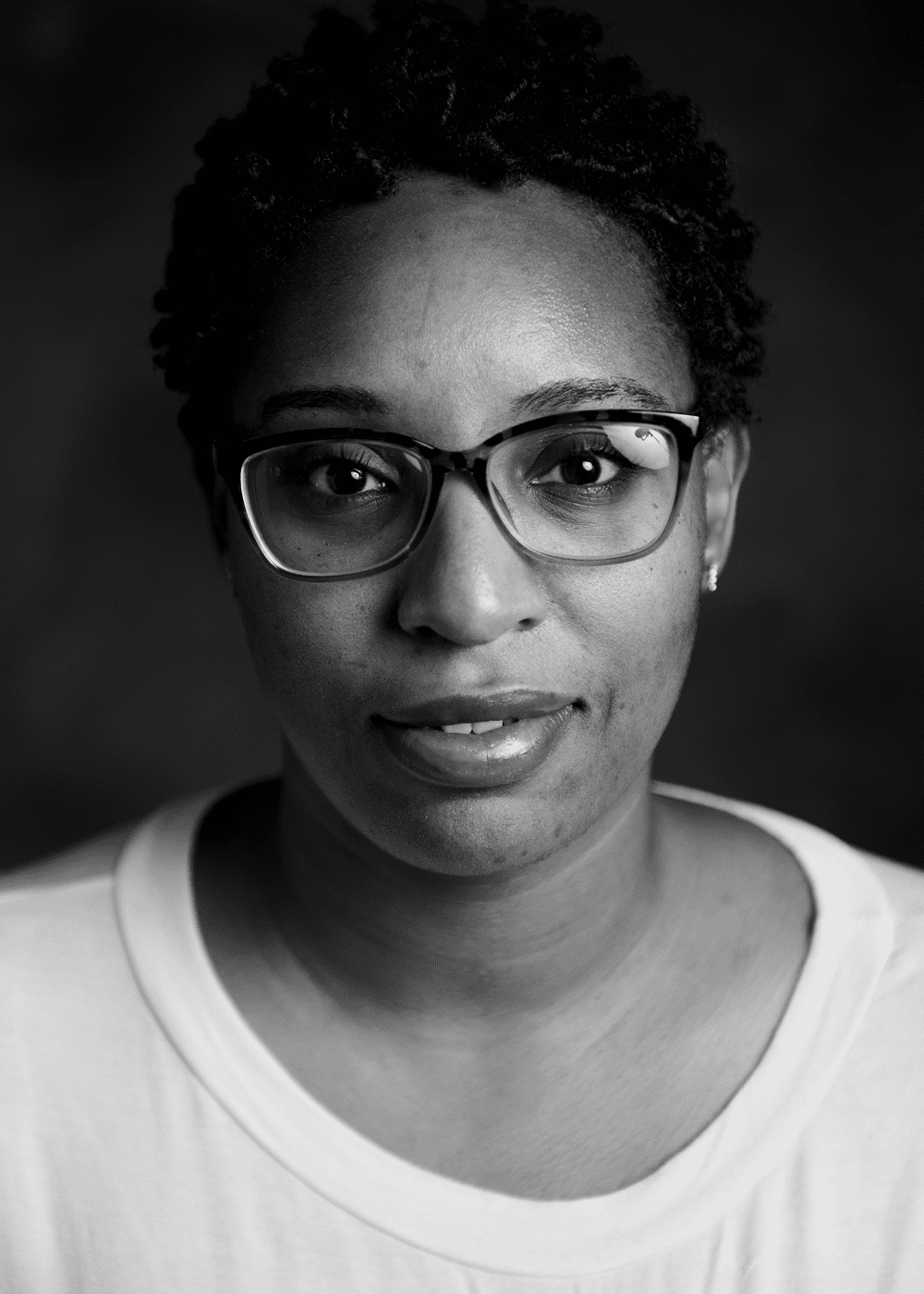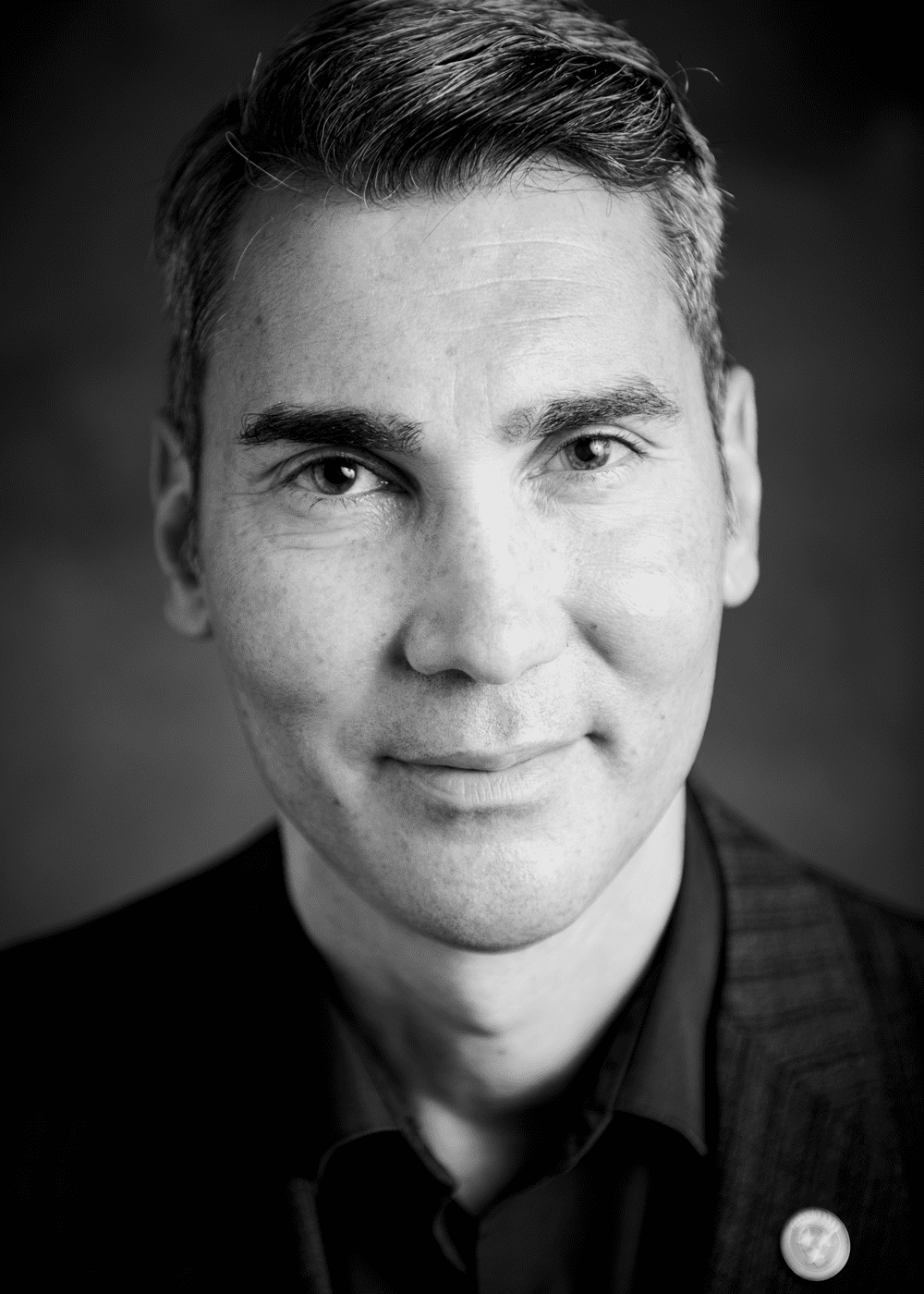Yashinique says she’s desperate for peace.
For several months, she and her daughter were living in a domestic violence shelter while seeking refuge from her abuser: her child’s father.
—
In 2018, her abuser asked her to purchase a gun for him because he was unable to buy one on his own. A straw purchase, or illegally purchasing a gun that was intended for someone else, is prohibited under federal law.
When he misused it, Yashinique was arrested and indicted.
After months on trial, losing her job and spending three weeks in a mental health co-op for a suicide attempt, she was sentenced to six months in an Alabama prison followed by two years’ probation.
“This was my first time ever getting into trouble, my first time ever dealing with any kind of federal situation.”
Yashinique served six months in prison and was released in 2019. That’s when she heard about Project Return, one of the more than 100 partner agencies funded by United Way of Greater Nashville. Project Return works with those who are formerly incarcerated by helping them gain employment and build new lives.
“They gave me clothing; they gave me a bunch of resources so that I could start trying to piece back together everything that I had lost. All of that was so helpful, especially seeing as I came home and had absolutely nothing,” she says. “They helped me figure out how to navigate now that I have that labeling as a felon.”
She started out in a program at Project Return where she’d go to classes to learn about fielding questions from others, responding to negative assumptions, budgeting and more.
“They’d teach you how to basically prepare yourself for different questions you’ll get asked: Why you got the felony, how it happened, when it happened, how to talk about that.”
People who are assimilating back into the workforce often face judgement and unfair bias because of their past. Yashinique says before her felony she remembers projecting that judgement on former inmates who had come to work in her office.
“And then everybody was doing the same thing to me,” she says. “I just wished they wouldn’t judge.”
At the end of Project Return’s program, she received help crafting her resume and applying for employment.
“I got a few job offers, which I didn’t really expect. They went as far as getting me back and forth to work, connecting me with bus passes, anything you can name, they helped with.”
Part of building her new life was severing ties with her daughter’s father.
“He did not take that well,” she says.
That’s when she and her daughter moved into a domestic violence shelter, where they lived for several months while she worked to find a safe place for them. With the help of Project Return and the domestic violence shelter, they were able to move into their own home at the start of the year. The shelter helps cover the first three months’ rent while she works, saves and goes to school full-time. She plans to receive her bachelor’s degree and become a midwife when she graduates. Her daughter—a cheerleader—is settling into her own niche: She’s taking pottery classes and loves any activity that lets her be creative.
“I am trying to get both of us mentally to a good place and just trying to get us somewhere that’s full of peace—to bring back balance and peace. So that is what I’ve been praying for and that is what I’ve really been working hard toward. We all have a checkered past, and some are worse than others. It’s just about how you’re trying to move forward.”

